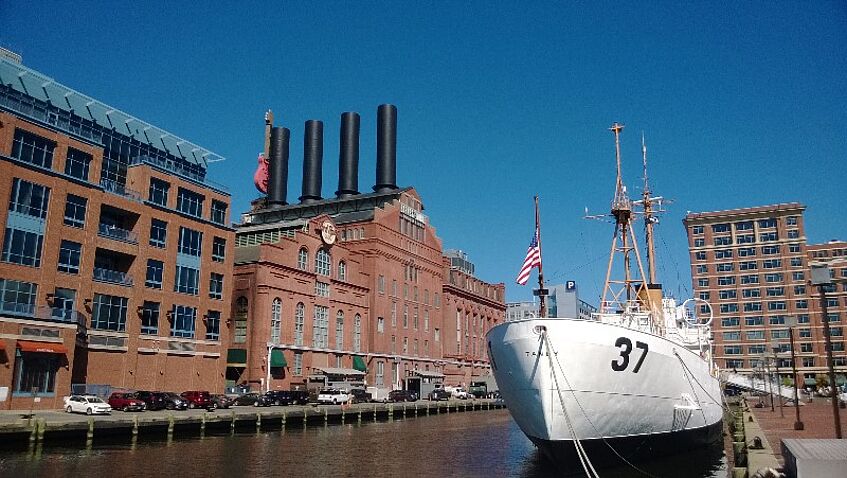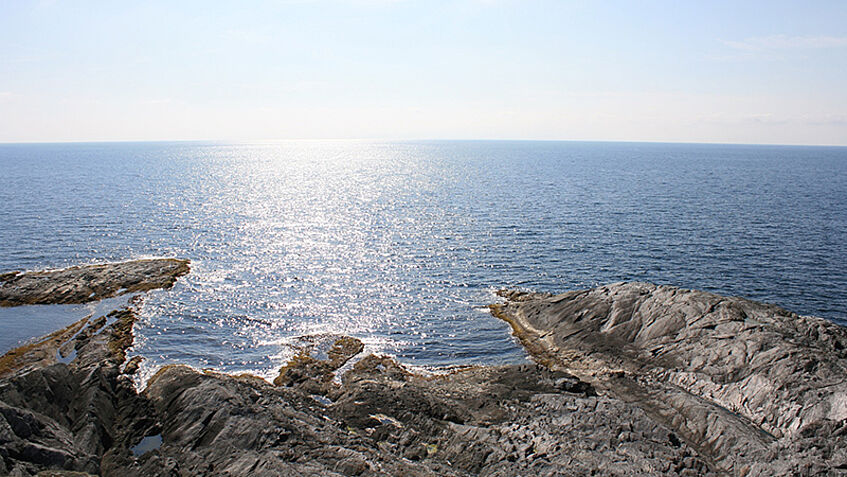Marie Jahoda Grant
The former Marie Jahoda funding programme was originally developed and successfully implemented by our faculty in 2010 as the Back to Research Grant. In 2013, it had been taken to university level and ran as the Marie Jahoda Scholarship Programme since 2019. In 2024, it was replaced by the current Franziska Seidl funding programme for postdocs.
Franziska Seidl Funding Program
On behalf of the Rectorate, the Culture and Equality unit offers three fixed-term positions (6 months each) for female postdoctoral researchers every six months as part of a new program for the advancement of women. The positions will especially be awarded in those faculties/centers of the University of Vienna where women are significantly underrepresented. The program supports female scientists at the University of Vienna in completing research projects, finalizing / revising / resubmitting research proposals and/or completing publications.
Grant holders from our Faculty until 2023
Vanessa Simone Rieger wins grant in 2023
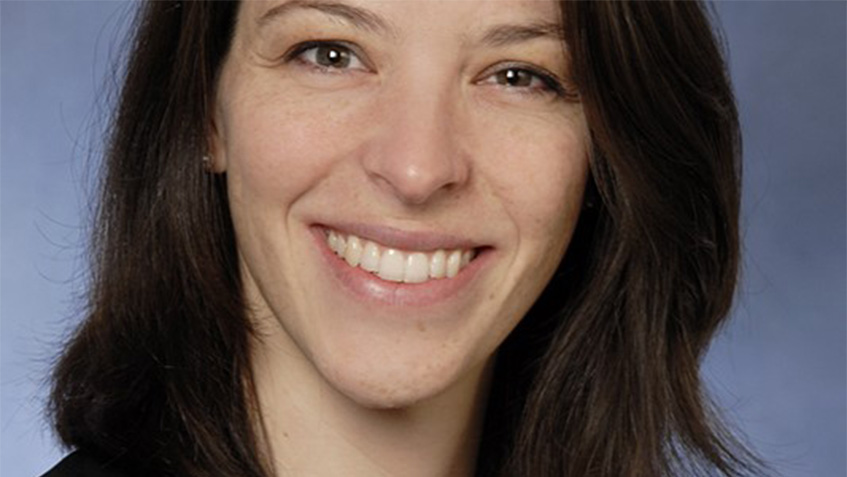
Photo: Vanessa Rieger
Vanessa Simone Rieger wins grant in 2023
The climate researcher Vanessa Rieger (Department of Meteorology and Geophysics) has won one of the University of Vienna's Marie Jahoda Fellowships 2023. Congratulations!
Sabine Kraushaar and Sylvia Plöckinger win grants in 2021/22
Astrophysicist Sylvia Plöckinger and geographer Sabine Kraushaar each received one of the University of Vienna's Marie Jahoda Grants 2021/22.
Sabine Kraushaar (Department of Geography and Regional Research) is has been working at the ENGAGE Group (Geomorphological Systems and Risk Research). Her research until now included soil erosion studies, sediment fingerprinting and sediment transport modelling in northern Jordan all under the bigger aim of enhancing ground water recharge in a water scarce country. Currently she focuses on the developmpent of a nature-based solution to stabilize slopes in high mountain environments and is very much interested in the tracing and quantification of permafrost degradation in the discharge of small Alpine catchments.
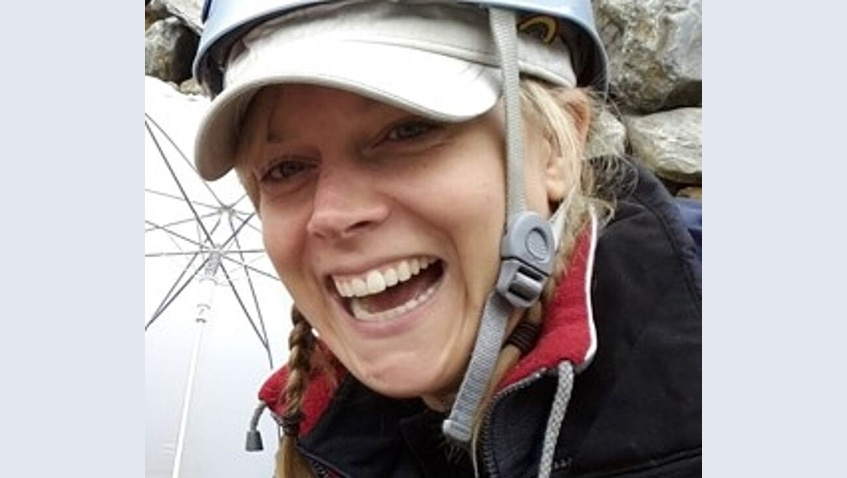
Photo: Sabine Kraushaar
Sylvia Plöckinger (Institut für Astrophysik) analyses dwarf galaxies from multiple novel cosmological simulations of various types of dark matter for which the interstellar medium is modelled in unprecedented detail. The current discrepancies between observed and simulated dwarf galaxies are investigated from multiple angles. Was the previous method to describe the interstellar medium too simplistic and therefore inaccurate? Or do the differences indicate that we need to fundamentally reconsider the current standard model of cosmology, which assumes a form of “cold" dark matter?
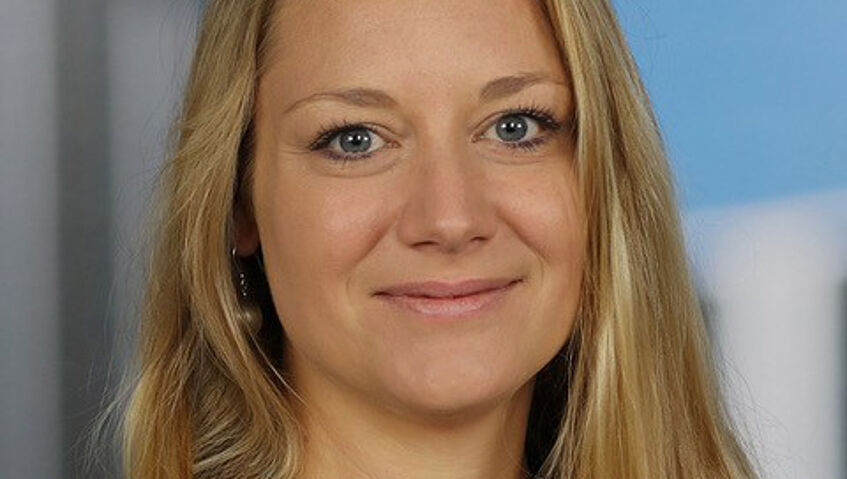
Photo: Sylvia Plöckinger
Mineralogist Manuela Zeug wins grant in 2020/21
Geologist and mineralogist Manuela Zeug (Department of Mineralogy and Crystallography) received one of the University of Vienna's Marie Jahoda Grants 2020/21. She wants to use the funding to summarise her research - especially on the analysis of gemstones - from recent projects and publish it scientifically. Furthermore, she is working on a third-party funding proposal on the application of spectroscopic micro-methods in practical gem analysis and wants to familiarize herself deeper with the method of excitation spectroscopy.
News article: Of gemstones and fascination: "Dare to do it!"
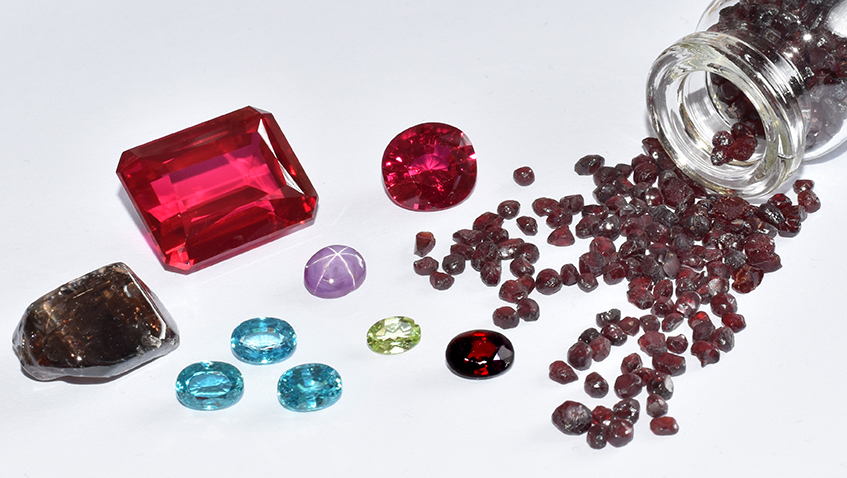
Foto: Manuela Zeug
Geophysicist Irene Bianchi wins grant in 2018
The geophysicist Irene Bianchi (Institute for Meteorology and Geophysics) received one of the Back-to-Research Grants of the University of Vienna in 2018. The mother of two will use the grant to summarise her research and publish it scientifically - on the one hand a paper on the sedimentary thickness of the Molasse Basin (in Austria) and on the other hand a comparison of the anisotropic signal detected in the seismic records of natural events, and the observed deformation in the crustal metamorphic rocks.
News-article: "Understanding what's below your feet"
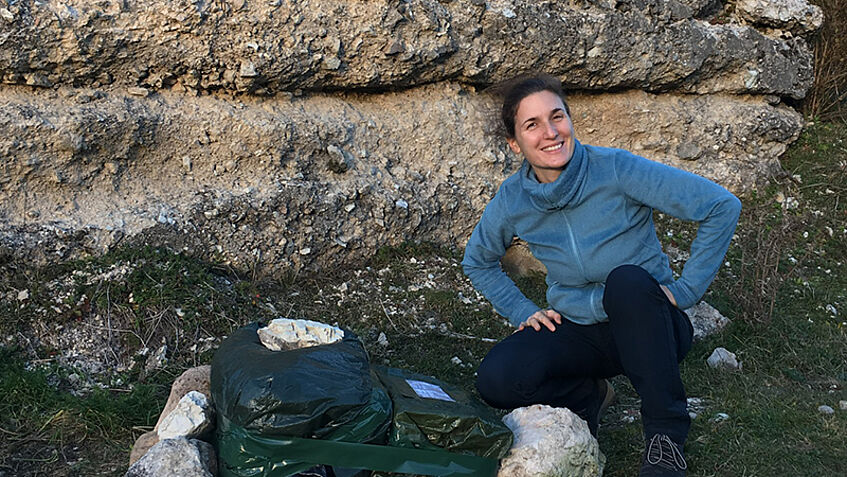
Foto: Irene Bianchi
Urban planner Sandra Guinand wins grant in 2017
Urban planner and geographer Sandra Guinand received one of the Back-to-Research Grants of the University of Vienna in 2017. The mother of two will use the funding to publish two case studies from the US. They deal with the legacy of urban redevelopment projects that were implemented in cooperation with a private investor (Public-private partnership).
News-article: Beyond the materiality of urban spaces
Sedimentologist Kateřina Schöpfer wins grant in 2016
Sedimentologist Kateřina Schöpfer received one of the Back-to-Research Grants of the University of Vienna in 2016, which aim to support female researchers in their career development after a break due to care obligations in their families. The mother of two will use the funding to compile and scientifically publish her six-year research on the structure and regional geology of various Northeast Atlantic basins.
News-article: Detective stories from the North Atlantic Ocean

